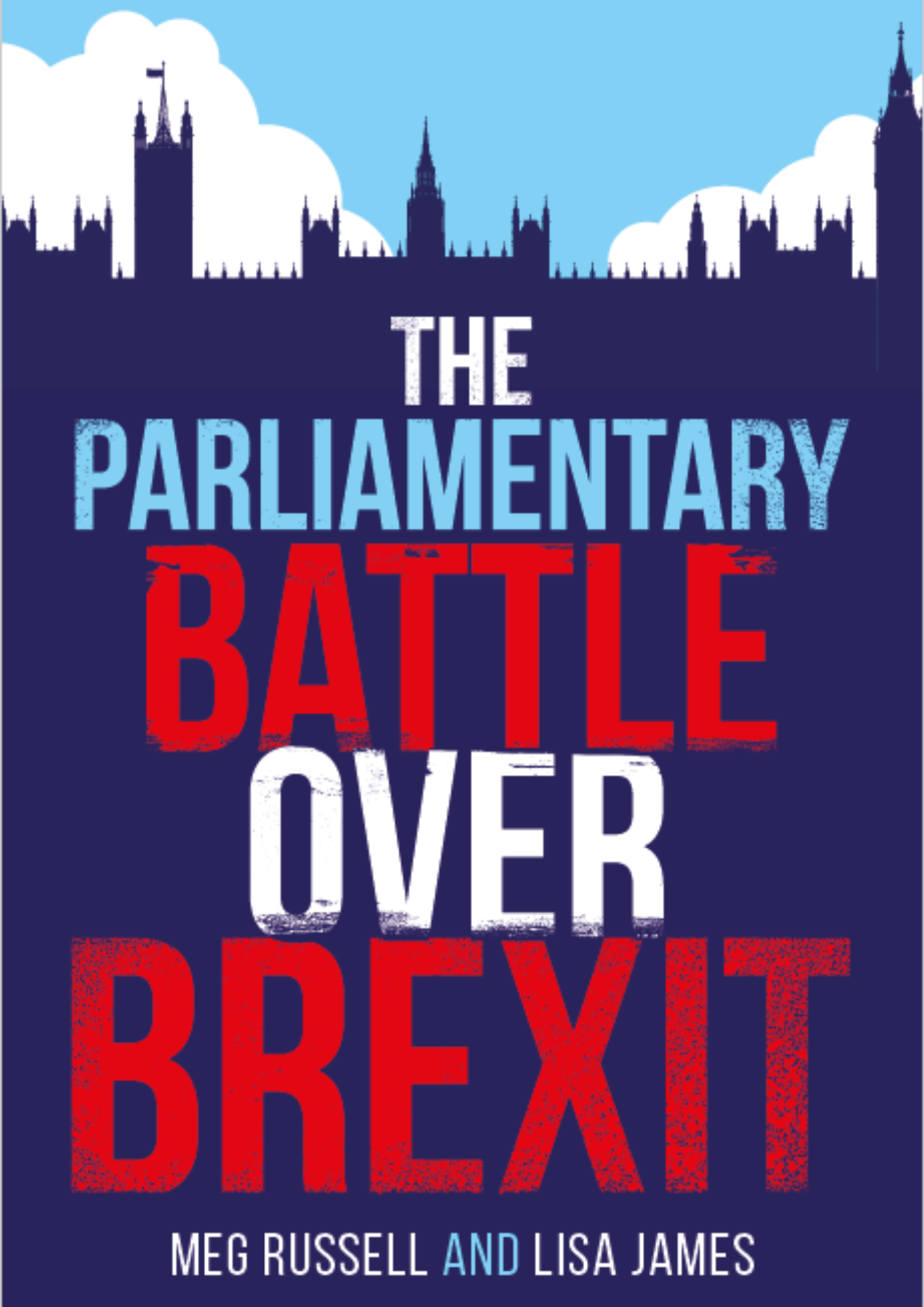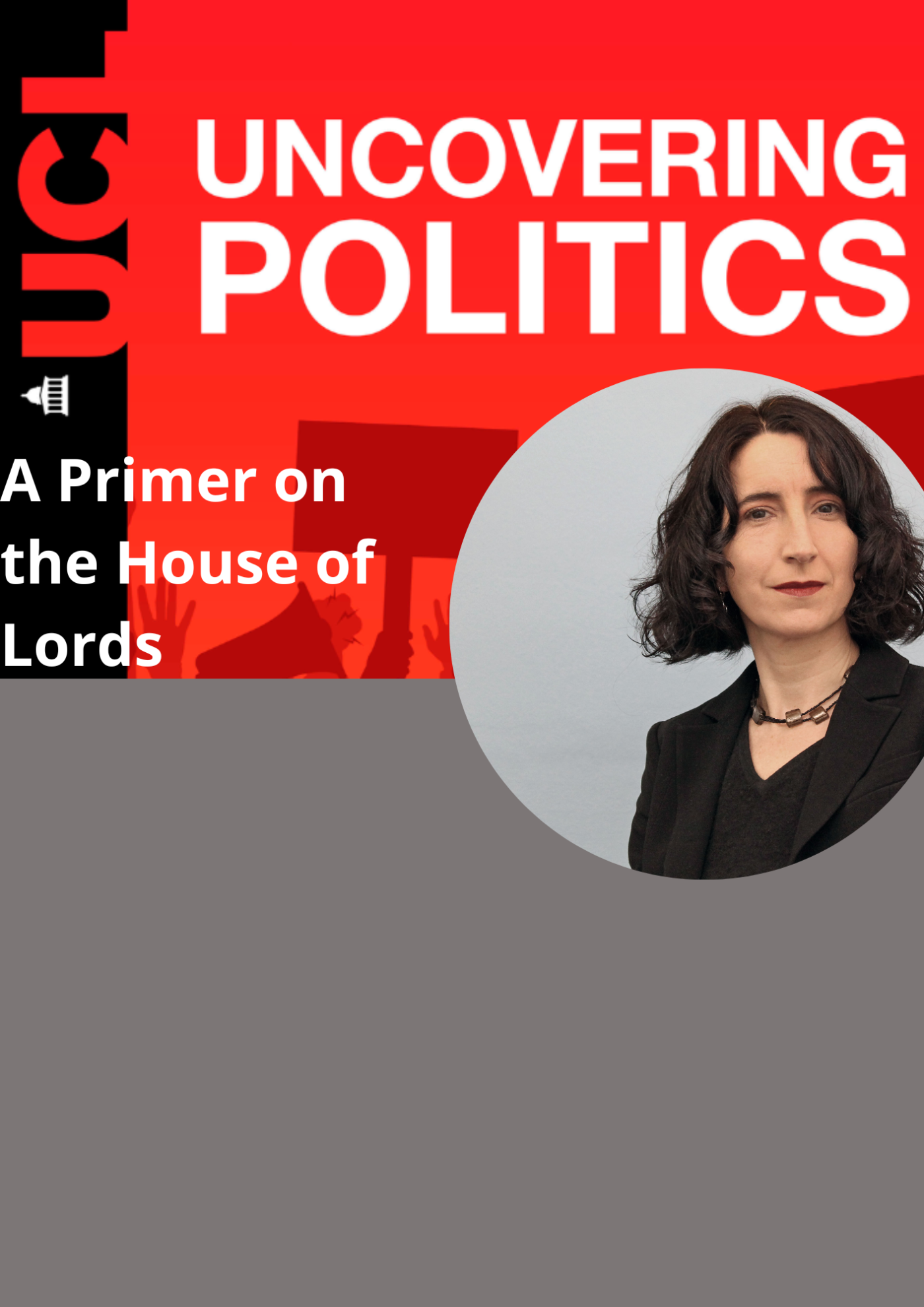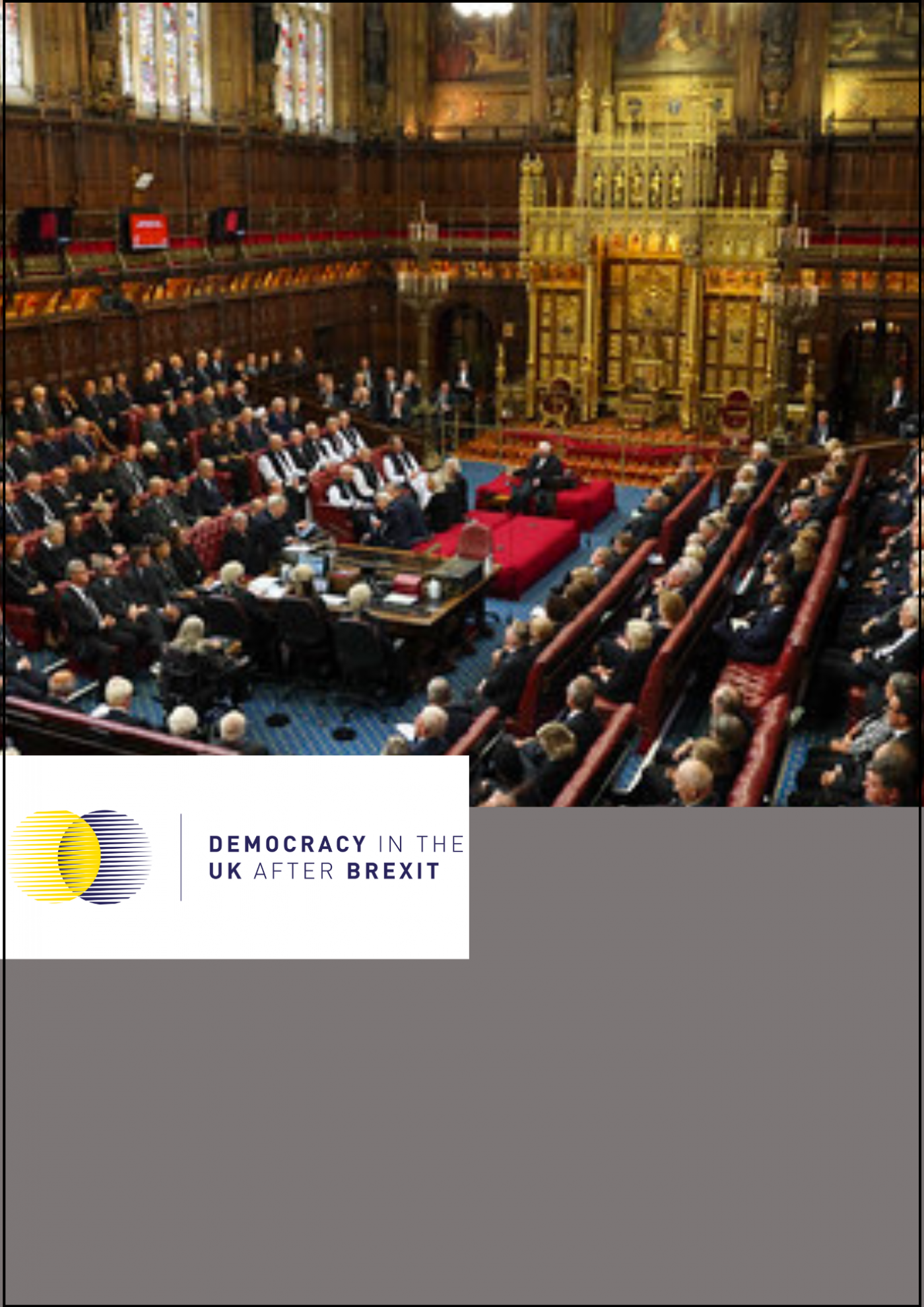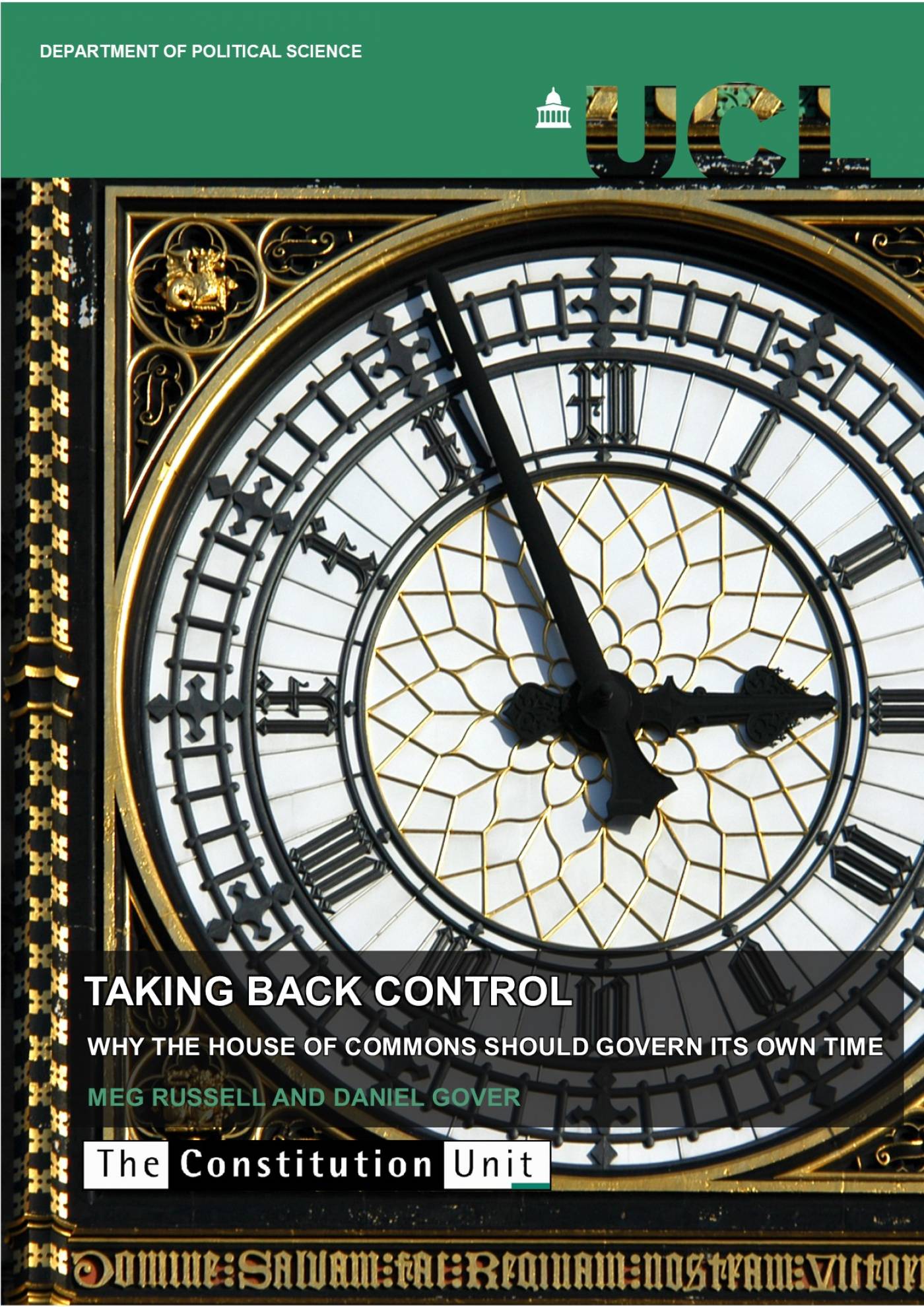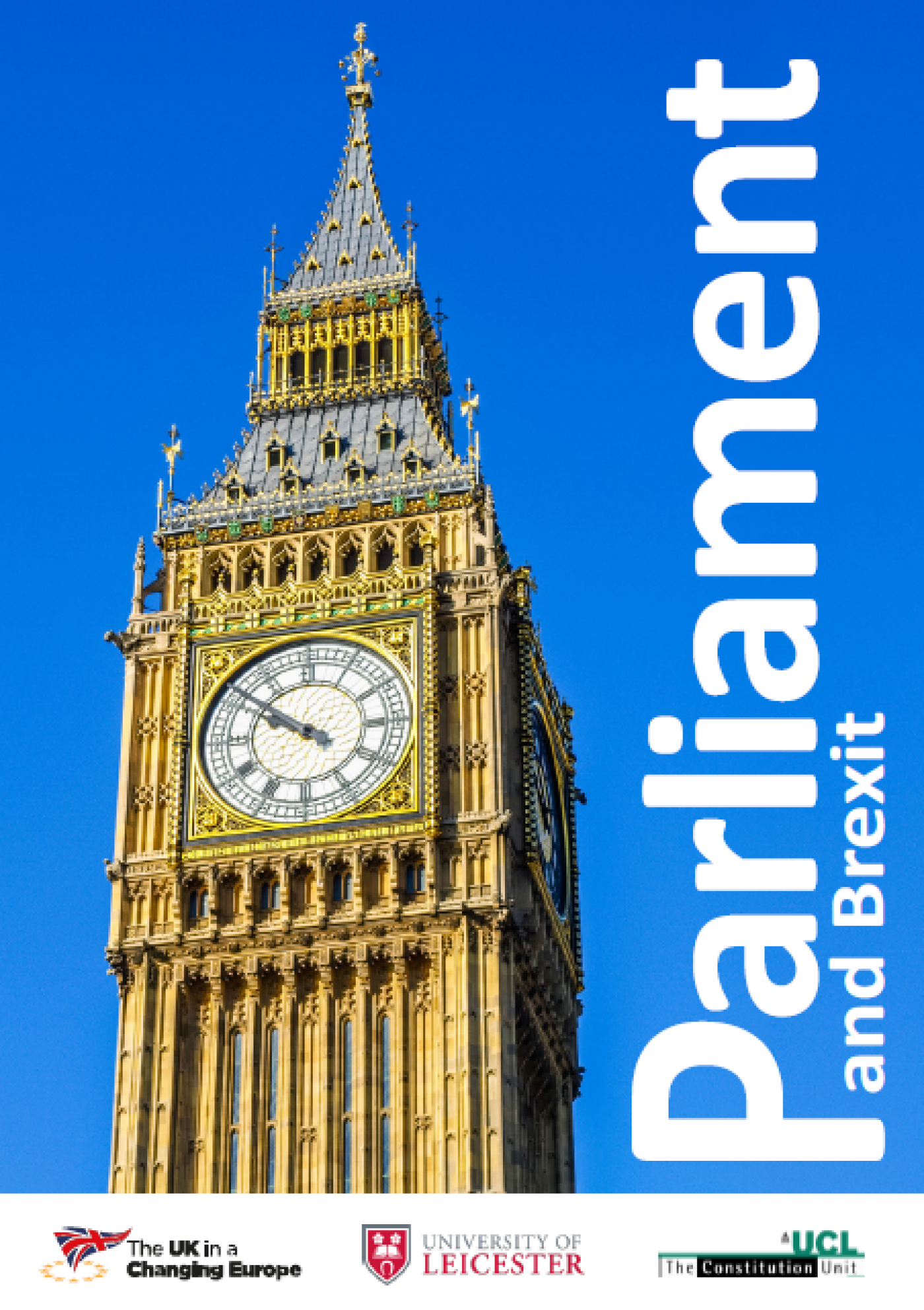
May - November 2010
This project is kindly funded by a private donor
Background
There has been debate recently about the appointment of ministers from outside Parliament. Gordon Brown has appointed eight such ministers (the 'Goats'), and put them in the House of Lords. Not all have been successful. In evidence to the Public Administration Select Committee Sir John Major raised the possibility of the appointment of non-parliamentary ministers: 'A prime minister could appoint a small number of unelected ministers of state, who would be answerable to Parliament without being members of either House' (Times 13 June 2009). There has also been discussion about how two Cabinet Ministers in the Lords, Lord Mandelson and Lord Adonis, might become accountable to the House of Commons.
Research Questions
This raises a number of different questions about the arguments for and against having ministers from outside Parliament, their accountability, and the lessons to be learnt from overseas.
The case for ministers from outside Parliament
- What are the main arguments for having ministers from outside Parliament?
- Why are people making these arguments now?
- How many Goats have been appointed since 1970?
- What were their skills and experience? Are there any patterns?
- Have they been appointed because of their specific expertise; loyalty to the PM; to add lustre; or for other reasons?
- How long did they last? How successful have they been?
Accountability of ministers to Parliament
- How could Ministers from outside Parliament be made accountable to Parliament?
- How can Lords ministers be more accountable to the Commons?
- Should all ministers be accountable to both Houses? What are the detailed rules of reciprocity in parliaments where this happens?
Comparator countries
We will look at two broad groups of countries:
- Westminster parliaments. The South African Constitution provides that the President may select no more than two ministers from outside the Assembly - these ministers have the same relationship with parliament as other Cabinet ministers. We will look for other exceptions in Australia, Canada, NZ, India, Ireland; but the Westminster tradition is for ministers to be drawn from Parliament.
- European parliaments. We will look for models where ministers can be drawn from outside parliament (Germany, Italy); and at models where ministers are required to leave parliament when appointed to the government (France, Netherlands).
 Close
Close



